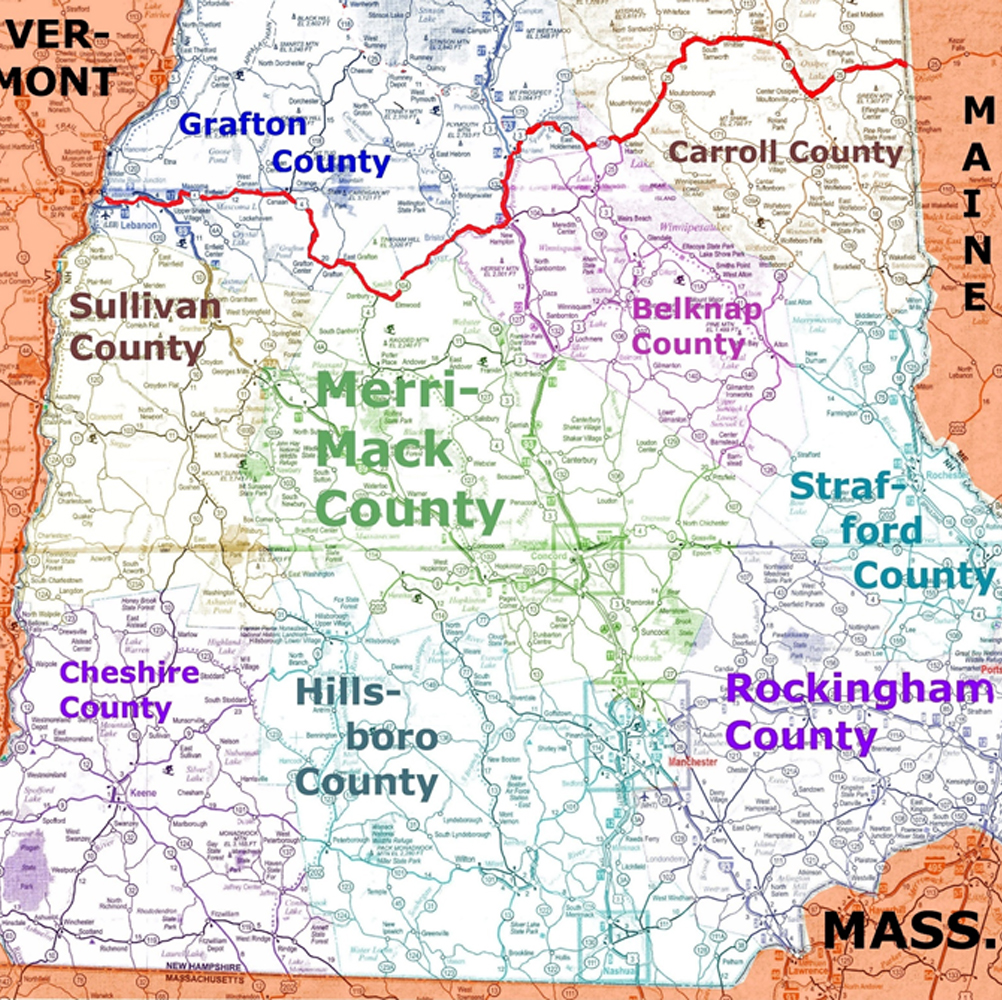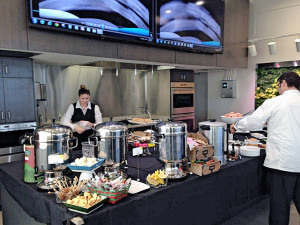The state’s application for federal approval to expand Foreign Trade Zone #81 has been approved by the Foreign Trade Zones Board, according to Geno Marconi, director of the Pease Development Authority, Division of Ports and Harbors.
The state’s four Foreign Trade Zones, located at the Pease International Tradeport; the Manchester-Boston Regional Airport; the Market Street Marine Terminal in Portsmouth, and the Portsmouth Industrial Park are reorganized under the Alternative Site Framework, which includes all or parts of nine of the state’s 10 counties. FTZs authorized by the federal government are typically located adjacent to U.S. Customs Ports of Entry and enable companies to defer, reduce or eliminate duties on imported merchandise. Potential users of the FTZ can now utilize its benefits within approximately 30 days from the time an application is accepted for filing; previously, applications took up to a year.
“This is another step toward our aggressive goal of enabling businesses in New Hampshire to find profit and success in the international marketplace,” said Commissioner Taylor Caswell of the Department of Business and Economic Affairs.
The Foreign-Trade Zones Act of 1934 provided financial incentive to companies, which would have operated offshore, to locate within the United States, to create jobs and stimulate the economy.
Foreign-Trade Zones are areas designated by the FTZ Board and are under the supervision of U.S. Customs and Border Protection. For the purpose of assessment and collection of import duties, foreign imported merchandise entered into a zone is considered not to have entered the commerce of the United States, so duties are not paid while the merchandise remains at the site. Depending on the final disposition of merchandise, duty deferral, duty reduction and/or duty elimination are potential zone benefits.
For information on New Hampshire’s Foreign Trade Zones, contact Marconi at the Division of Ports and Harbors, 555 Market St., Portsmouth, 603-436-8500 or g.marconi@peasedev.org











